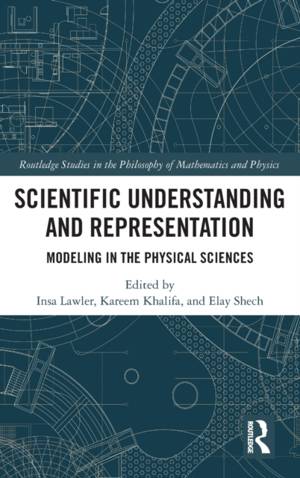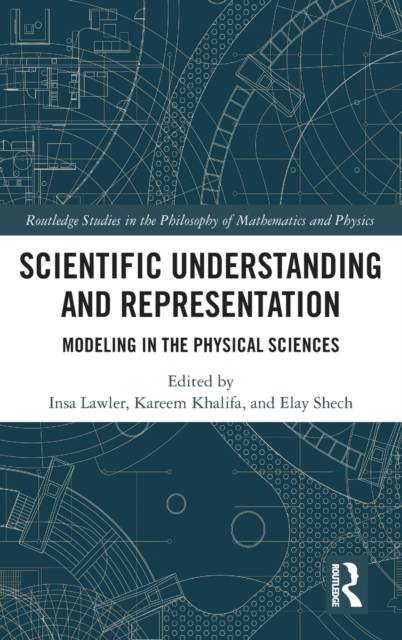
- Retrait gratuit dans votre magasin Club
- 7.000.000 titres dans notre catalogue
- Payer en toute sécurité
- Toujours un magasin près de chez vous
- Retrait gratuit dans votre magasin Club
- 7.000.000 titres dans notre catalogue
- Payer en toute sécurité
- Toujours un magasin près de chez vous
Scientific Understanding and Representation
Modeling in the Physical Sciences
168,95 €
+ 337 points
Description
This volume assembles cutting-edge scholarship on scientific understanding, scientific representation, and their delicate interplay. Featuring several articles in an engaging 'critical conversation' format, the volume integrates discussions about understanding and representation with perennial issues in the philosophy of science, including the nature of scientific knowledge, idealizations, scientific realism, scientific inference, and scientific progress.
In the philosophy of science, questions of scientific understanding and scientific representation have only recently been put in dialogue with each other. The chapters advance these discussions from a variety of fresh perspectives. They range from case studies in physics, chemistry, and neuroscience to the representational challenges of machine learning models; from special forms of representation such as maps and topological models to the relation between understanding and explanation; and from the role of idealized representations to the role of representation and understanding in scientific progress. Scientific Understanding and Representation will appeal to scholars and advanced students working in philosophy of science, philosophy of physics, philosophy of mathematics, and epistemology.Spécifications
Parties prenantes
- Editeur:
Contenu
- Nombre de pages :
- 20
- Langue:
- Anglais
- Collection :
Caractéristiques
- EAN:
- 9781032054957
- Date de parution :
- 13-12-22
- Format:
- Livre relié
- Format numérique:
- Genaaid
- Dimensions :
- 152 mm x 229 mm
- Poids :
- 739 g






